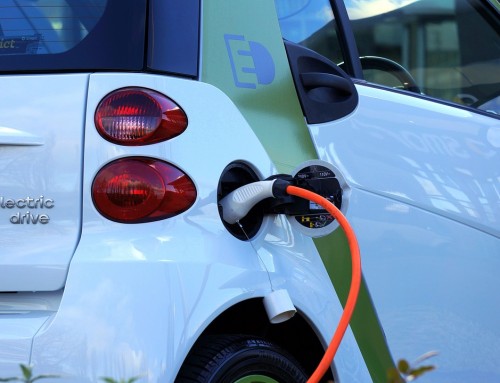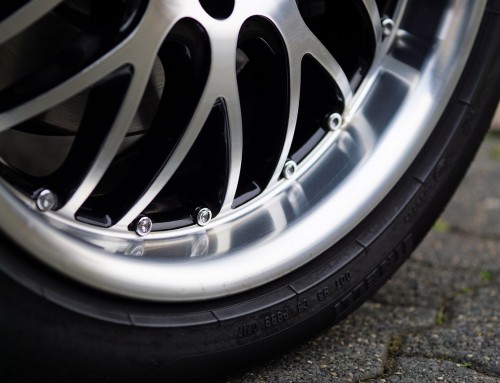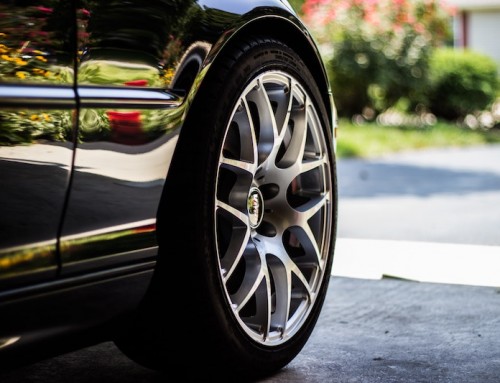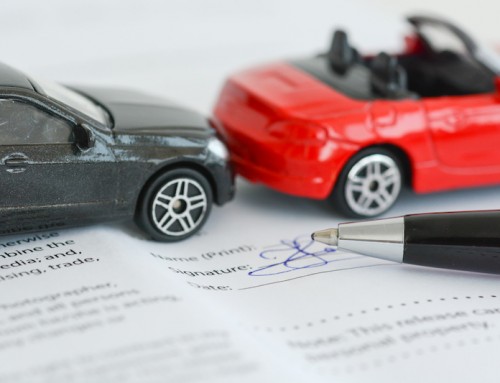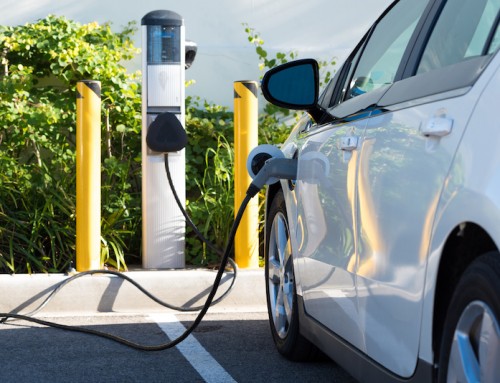If you think about it, owning a car is a pretty big investment. There are finance charges, rising and fall gas prices, and the regular maintenance required to keep everything in working order. It makes sense when things under the hood start to whine and squeal you might want to check it out yourself. Maybe make a few small adjustments, rather than invest more money. But fixing your own car can be a bad idea.
Home auto repair can be a pretty intimidating prospect. But there are indeed many things on your car that, assuming you’re a handy type, can be fixed in your own driveway. While changing your oil or a headlamp can save you a few dollars, there are many things that require special tools and training to correct and in these cases. Taking a DIY approach can end up costing you more time and money in the long-run.
Leave the timing belt alone
Your car’s engine is a little bit like a brain; it’s complex, a little messy, and it runs the whole machine. One reason it’s able to work so perfectly is because of the timing belt, which is a belt or chain that synchronizes the various moving parts. These usually need to be replaced between 60,000 and 90,000 miles. If your timing belt or chain breaks, the movement of valves and pistons will fall out of sync and begin to smash into each other. This can cause serious damage.
While it is possible to replace the timing belt yourself, it requires many tools and an advanced knowledge of your car’s engine. So, unless you have these things, it’s best to bring it to a mechanic and not try fixing your own car.
Don’t touch the transmission
In simple terms, the transmission is responsible for changing the gears in the engine. Whether it’s an automatic or standard, it is an incredibly complex part of your car with many small parts that can easily get lost in the shuffle. More importantly, the presence of any foreign materials in the transmission can do serious damage. Attempting to fix this one on your own carries way more risks than you should be taking; a replacement can cost as much as $4000.
Check engine
The check engine light is something that we’re all familiar with and it might be tempting to investigate this one yourself. After all, your car is literally telling you to check the engine. But before you start poking around under the hood, consider this: your car’s check engine light is connected to the emissions system (gases, exhaust, etc.), which is monitored by a computer. Even the most skilled mechanic will likely require a diagnostic machine to find out what’s wrong, which you probably don’t have lying around. Quite simply, it is highly unlikely that you possess the skills and training to address this problem on your own. And, like the above mentioned areas, any changes you make could end up costing big bucks in the end.


